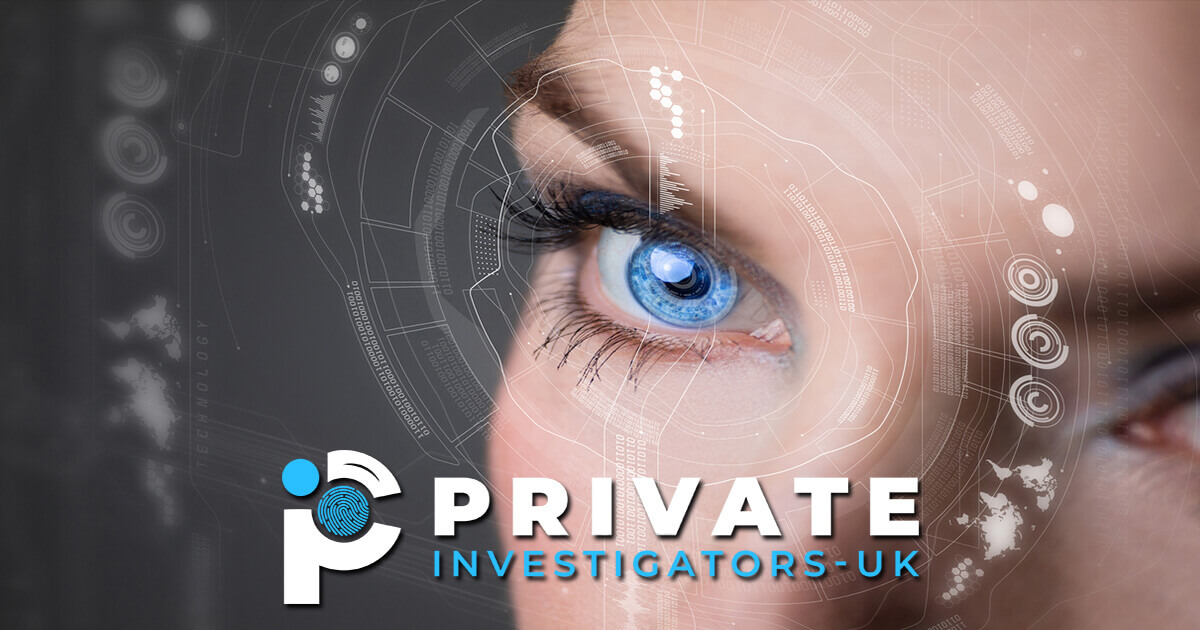Handy Ideas On Choosing Private Investigators Near Me
Wiki Article
What Should I Consider When Searching For The Best Private Investigators?
It is essential to make the correct choice when you hire a private investigator. When searching for the perfect private investigator, there are many aspects to take into consideration.
Verify that the private investigator is registered with an official license and certification in compliance with local laws. The requirements for licensing vary based on the location. A legitimate investigator must adhere to local regulations.
Experience and Expertise
Take into consideration the investigator's expertise and expertise. Some investigators are specialists in certain areas, such as corporate investigations, surveillance, or background checks. Choose an investigator whose expertise corresponds to your specific requirements.
Reputation Reviews
You can find reviews and testimonials of previous clients. A reliable investigator is one who has positive feedback and has a great reputation. You can use online review platforms, or request references.
Confidentiality and Disretion
The importance of confidentiality during an investigation can't be overemphasized. Be sure that the investigator is experienced in protecting confidentiality for clients and is aware of the importance of discretion.
Insurance
Check to see if the investigator has insurance. Insurance protects the parties involved in case any issues may arise. An experienced investigator must be prepared to provide evidence of insurance.
Costing and Billing Structure
Discuss the costs of the services in advance and ask questions about the investigator's billing structure. Some investigators charge by the hour, while others have flat fees. Make sure you have a clear understanding of the costs that are involved.
Communication Skills
Effective communication is vital. Select an investigator who is attentive to your concerns, offers precise explanations of their service, and maintains open and transparent communication throughout the investigation.
Technology and Tools
Ask about the tools and technologies that the investigator utilizes. A modern investigator should be familiar with the latest technology and tools used by investigators to increase the effectiveness and efficiency of their investigation.
Ethics and professionalism
Choose an investigator who adheres to strict codes of conduct and does his work professionally. Investigations are a vital element of the process and a reputable investigator will prioritise ethical conduct.
Network and Resource
Think about the investigator's network and resources. Investigators with a solid track record usually have contacts and resources they are able to use to collect information. This can be important particularly for cases that are complex.
Contracts that are clear on terms and conditions
Before you engage an investigator, make sure to read the contract thoroughly and ask any questions before taking action. Review the contract thoroughly and ask any question before proceeding.
Accessibility and Timelines
Talk about the availability of your investigator and any timeframes you anticipate for the investigation. Professional investigators are able to give realistic estimates of the length of time an investigation could be.
Location and Jurisdiction
Take into consideration the location of the investigator and the jurisdiction that they are licensed to operate. Hiring a local investigator who knows the laws and procedures of the area can prove beneficial.
Compatibility
Choose the investigator for whom you feel compatibility and comfort is very high. You must be able to trust your instincts and have faith in the person you choose to work with.
Do your research, ask for referrals, and interview potential detectives before making your decision. A competent private investigator will have a big impact on the results of an investigation. Have a look at the top Best Private investigators for more examples including private investigator fees, private detective license, md private investigator, private detective office, private detective requirements, undercover private investigator, private investigator fees, hire a private investigator near me, private investigator courses, background check investigator and more.

What Is The Best Way To Learn About Insurance Investigations?
Investigations into insurance are designed to determine the legitimacy and validity of claims made by insurance companies. They also stop fraud as well as to ensure that insurance policies haven't been exploited. The investigations, which could cover health, property and auto insurance, as also, are intended to safeguard both the insurers as well as policyholders. This is what you should know about insurance investigations Types of Insurance Investigations
Claim Investigations Determine if the loss or incident reported by the insured is covered under the policy.
Surveillance Investigations Conducting surveillance investigations to determine the accuracy of the information contained in an insurance claim and to identify fraud.
Background investigations Assessing claimants' backgrounds to discover any patterns or inconsistencies that could indicate fraud.
Interviewing witnesses to verify or collect more details.
Insurance Fraud
Insurance fraud is a major problem. Many investigations are devoted to the detection and prevention of fraudulent activity. Insurance fraud includes fraudulent claims, fake damages, and deliberate injury.
Surveillance Techniques
Investigators employ various surveillance techniques to track claimants, which includes footage and photographs.
License Investigators
Insurance investigations are usually handled by licensed private investigators or investigators employed by insurance companies. They are experts with the knowledge and expertise required to manage these kinds of instances.
Legal Compliance
Insurance investigations are subject to confidentiality and legal regulations. Investigators must make sure that their methods adhere to legal standards and that the rights of individuals who are subject to investigation are protected.
Interviewing Skills
Investigators conduct interviews with claimants, as also witnesses, as well as other individuals. To extract accurate and complete information, it is important to have strong interviewing skills.
Technology
In the course of insurance investigations, technology plays an an important role. Investigators can employ databases, social-media analysis, or other technological tools to gather and verify data.
Law Enforcement and Collaboration
When fraud is suspected by investigators, they may collaborate with law enforcement agencies in order to create a convincing case and take legal actions.
Documentation and Reporting
It is important to document the entire investigation process and collect evidence. Investigators prepare detailed reports, which can be used for legal proceedings or in making informed decisions about insurance claims.
Expert Opinions
The investigators can consult with experts from different fields to assess the credibility of claims.
Claim Resolution
The findings of the investigation will aid insurance companies in making informed choices regarding the resolution of claims such as approving or denying claims because of fraud, or the negotiation of the settlement.
Ethics and Professionalism
Ethics is essential in insurance investigation. Investigators must carry out their investigations with integrity and professionalism.
Investigations into insurance plays a vital function in ensuring the integrity of the industry and in ensuring fair treatment of policyholders. Investigations stop fraud, safeguard legitimate claimants, and help to ensure overall stability in the market for insurance. Take a look at the most popular local Private investigators for blog tips including private investigation firms near me, private investigator tips, private investigator phoenix, private detective business, private investigators in florida, private investigator phoenix, learn to be a private investigator, private investigation agency, a private investigator, private investigator cost and more.
